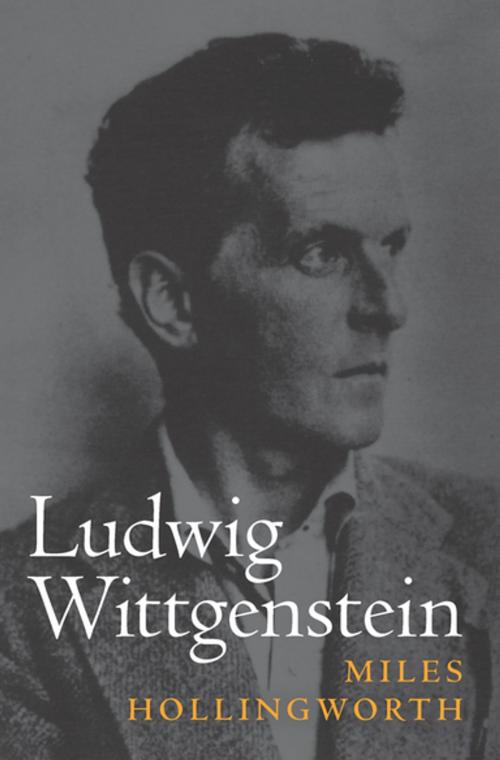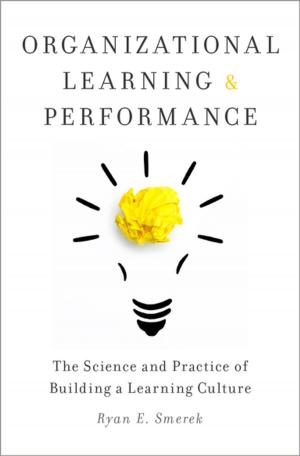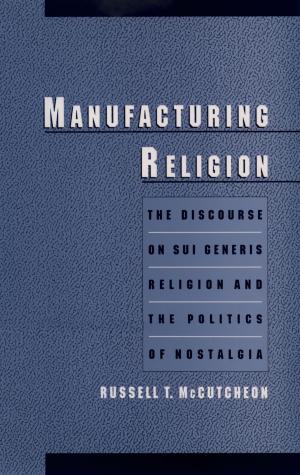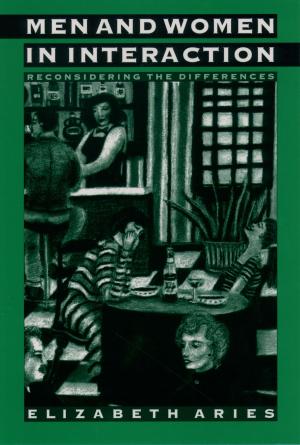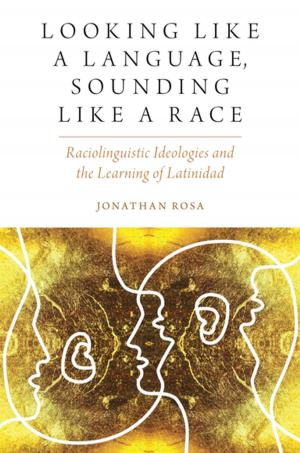Ludwig Wittgenstein
Biography & Memoir, Philosophers, Religious, Nonfiction, Religion & Spirituality, Philosophy| Author: | Miles Hollingworth | ISBN: | 9780190874018 |
| Publisher: | Oxford University Press | Publication: | September 4, 2018 |
| Imprint: | Oxford University Press | Language: | English |
| Author: | Miles Hollingworth |
| ISBN: | 9780190874018 |
| Publisher: | Oxford University Press |
| Publication: | September 4, 2018 |
| Imprint: | Oxford University Press |
| Language: | English |
After his intellectual biography, Saint Augustine of Hippo, Miles Hollingworth now turns his attention to one of Augustine's greatest modern admirers: The Austrian philosopher Ludwig Wittgenstein. Wittgenstein's influence on post-war philosophical investigation has been pervasive, while his eccentric life has entered folklore. Yet his religious mysticism has remained elusive and undisturbed. In Ludwig Wittgenstein, Hollingworth continues to pioneer a new kind of biographical writing. It stands at the intersection of philosophy, theology and literary criticism, and is as much concerned with the secret agendas of life writing as it is with its Subjects. Here, Wittgenstein is allowed to become the ultimate test case. From first to last, his philosophy sought to demonstrate that intellectual certainty is a function of the method it employs, rather than a knowledge of the existence or non-existence of its objects--a devastating insight that appears to make the natural and the supernatural into equally useless examples of each other. This biography proceeds in the same way. Scattered in every direction by this challenge to meaning, it attempts to retrieve itself around the spirit of the man who could say such things. This act of recovery thus performs what could not otherwise be explained, which is something like Wittgenstein's private conversation with God.
After his intellectual biography, Saint Augustine of Hippo, Miles Hollingworth now turns his attention to one of Augustine's greatest modern admirers: The Austrian philosopher Ludwig Wittgenstein. Wittgenstein's influence on post-war philosophical investigation has been pervasive, while his eccentric life has entered folklore. Yet his religious mysticism has remained elusive and undisturbed. In Ludwig Wittgenstein, Hollingworth continues to pioneer a new kind of biographical writing. It stands at the intersection of philosophy, theology and literary criticism, and is as much concerned with the secret agendas of life writing as it is with its Subjects. Here, Wittgenstein is allowed to become the ultimate test case. From first to last, his philosophy sought to demonstrate that intellectual certainty is a function of the method it employs, rather than a knowledge of the existence or non-existence of its objects--a devastating insight that appears to make the natural and the supernatural into equally useless examples of each other. This biography proceeds in the same way. Scattered in every direction by this challenge to meaning, it attempts to retrieve itself around the spirit of the man who could say such things. This act of recovery thus performs what could not otherwise be explained, which is something like Wittgenstein's private conversation with God.
